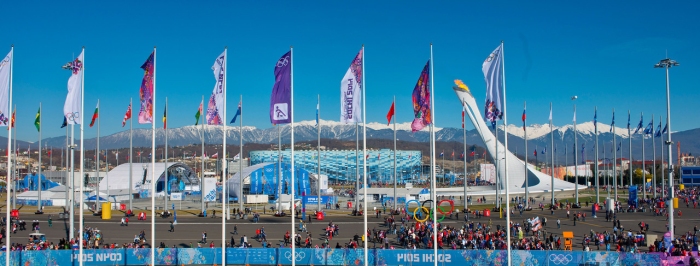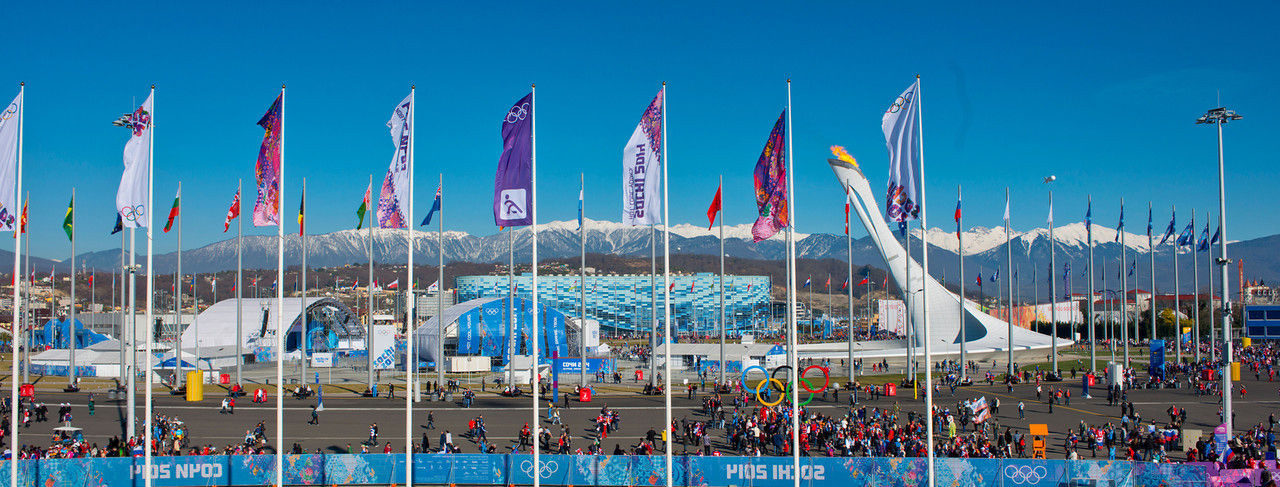
Gold, silver, bronze. Different colors, different types of metal awarded to winners of a competition. And really, it boils down to color, the character of the metal, the chemical makeup of the materials — designations so trivial, so seemingly insignificant. Yet in the context of the Olympics, one of the world’s most significant international sporting events, these slight changes in the color of those medals can inspire an entire country’s happiness, or as in the case of South Korea, an entire country’s ire.
One of the biggest controversies of the Sochi 2014 Winter Olympics remains Russia’s Adelina Sotnikova’s gold medal win in the women’s freestyle figure skating competition, upsetting South Korean favorite Yuna Kim. The defending champion of the women’s figure skating program and winner of the gold medal in 2010 in Vancouver, Kim entered the games anointed as the frontrunner in the event. Everyone — the pundits, the spectators, the entire nation of South Korea — expected her to win, and she did not.
Expectations cause people to react with terrifying cruelty. There is no middle ground. Either a person succeeds in surpassing the bar set for them by others, or one tries and falls short. If the competitor fails to meet the set expectations, there are serious repercussions.
In this case, Sotnikova, and not Kim, faced the consequences of violated expectations. Nobody blamed Yuna Kim for receiving a lower score than Sotnikova, for skating what was officially judged to be the second best pair of routines at the sport’s most competitive and prestigious venue. Everybody blamed Sotnikova for robbing Kim, cheating her of the accomplishment she earned, taking advantage of corrupt judges or a biased home crowd to deprive Kim of what she deserved. Sure, Sotnikova made a mistake and then “pretended she was perfect,” as Ryan Bradley, a silver and bronze winning American figure skater, stated. After a closer evaluation of the judges, there do seem to be possible biases. As reported by many prominent news networks, judge Yuri Balkov has previously been suspended for colluding to manipulate scores, and judge Alla Shekhovtseva is married to the director of the Russian skating program.
But even if all this were true, is Sotnikova to blame? Did Sotnikova really rob Kim? Of course not.
Despite this fact, people from all over the world are attacking Sotnikova, criticizing her gala performance, accusing her of “robbing” Kim when all Sotnikova did was skate a nearly perfect performance with zeal and enthusiasm. The judges may be corrupt, the system may be flawed, but Sotnikova, the 17-year-old first-time Olympian, is innocent.
Perhaps we’re taking the Olympics too seriously. Or, put another way, perhaps we’re taking ourselves too seriously. Ranking every country by how many medals their athletes earn, bombarding event organizers with petitions against unjust judging, not congratulating a young figure skater for an excellent, life-altering performance — maybe we need to take a step back and understand that the Olympics is meant to be a time when countries set aside political and nationalistic differences to enjoy the sport.
Meredith Vieria said about the opening ceremony of the 2014 Sochi Olympics, “It’s often impossible to separate the Olympics from politics.” It may be hard, yes, even impossible, but all should work to preserve the themes of peace, civility, and sportsmanship that the Olympics at their best embody.
